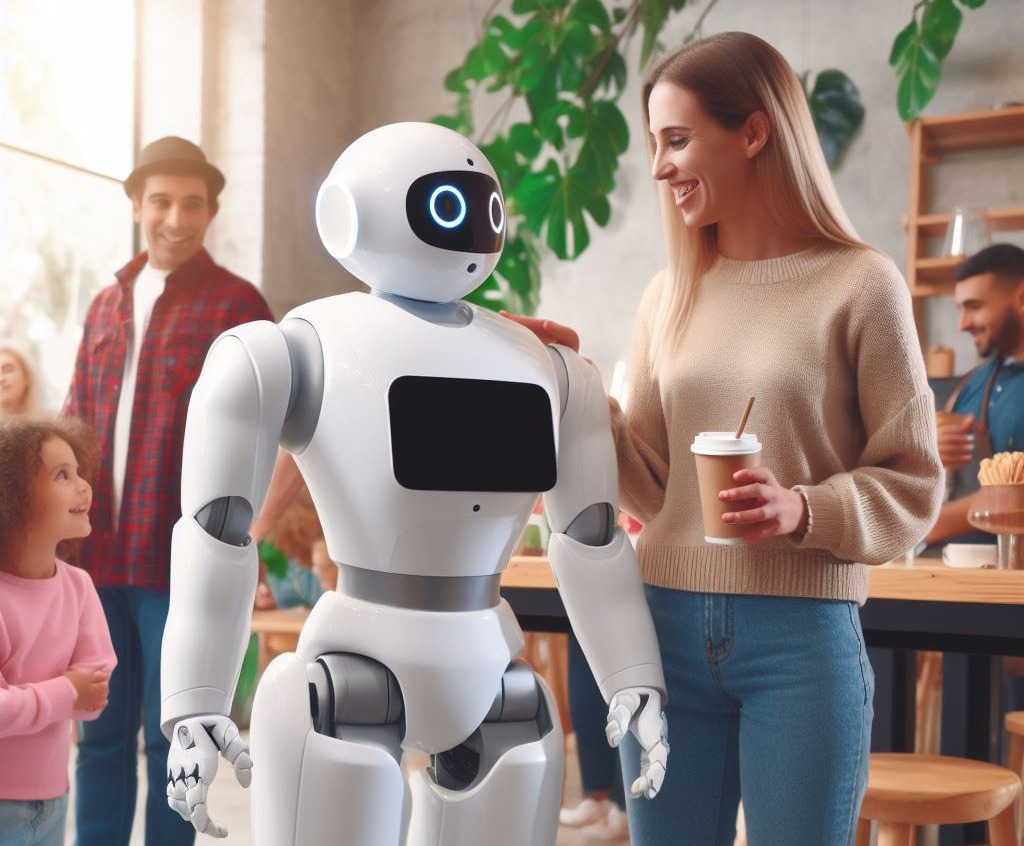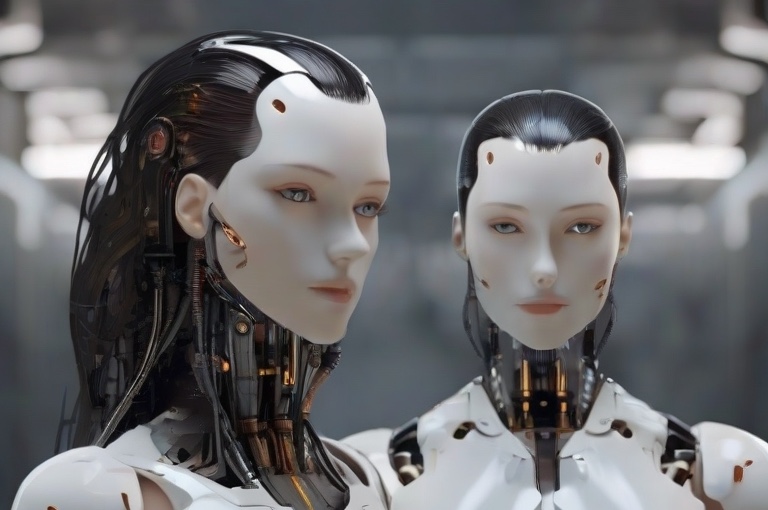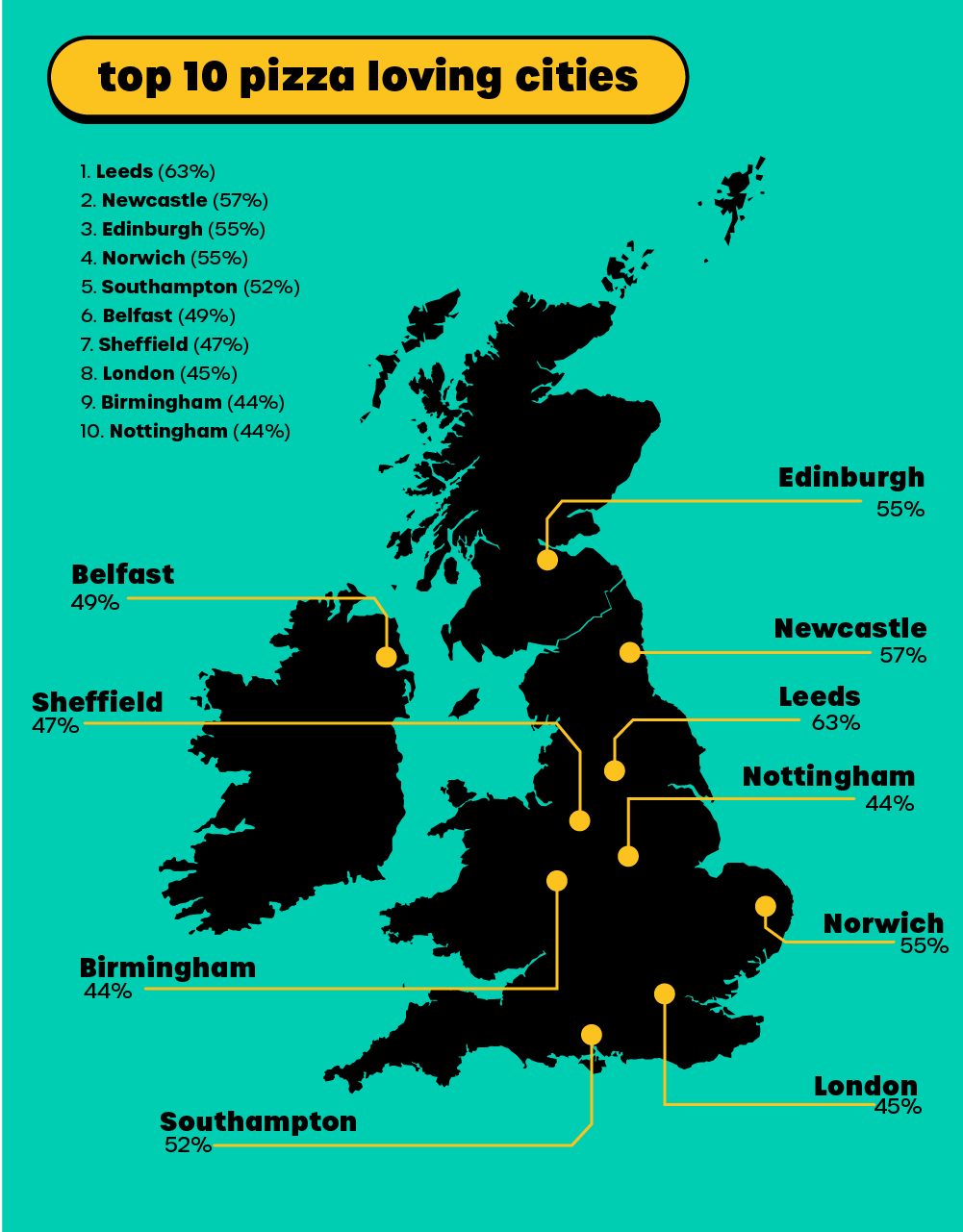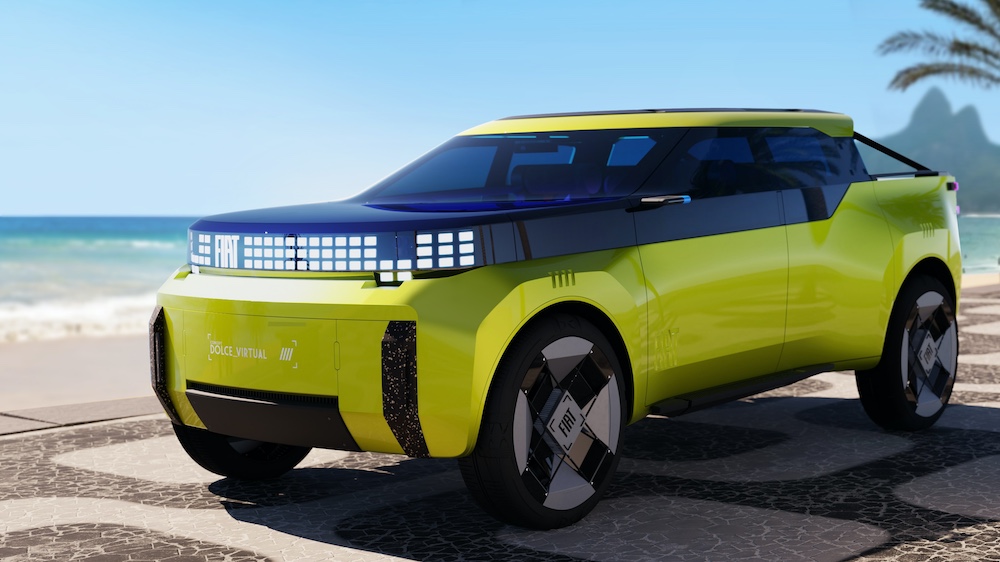Artificial intelligence (AI) refers to the simulation of human intelligence in computer systems that are programmed to think and act like humans. AI has become one of the most transformative technologies of our time and is already deeply embedded in our everyday lives. From virtual assistants like Siri and Alexa to recommendations on Netflix and Spotify, AI is behind many of the conveniences we take for granted.
But AI is more than just a helpful tool – it represents a monumental shift in technological capability. As AI systems become more sophisticated, they open possibilities that could profoundly impact how we live and work. In the coming decade, continued advances in machine learning and neural networks will enable AI to take on more complex cognitive tasks. Self-driving cars, automated legal and medical diagnostics, intelligent tutoring systems, and lifelike virtual reality are just some of the emerging applications we can expect to see.
The development of AI brings with it both promise and peril. While AI stands to make our lives more efficient, comfortable and stimulating, concerns around transparency, bias, accountability, and job automation must also be addressed. As AI becomes more autonomous and ubiquitous, we will increasingly need to examine how these technologies should be regulated and controlled for the common good. The choices we make today around the ethics and governance of AI could determine how beneficial or dangerous it becomes.
The next decade will be defined by our ability to harness the power of AI for good while mitigating the risks. Getting this right is crucial – the future of work, healthcare, education and even democracy itself may hang in the balance. This article will explore where experts believe AI is heading and how we can ensure it is deployed wisely in the coming years.
The Evolution of AI
Artificial intelligence has come a long way in a relatively brief time. The concept of AI was first introduced in the 1950s when scientists began designing computer programs that could perform tasks usually requiring human intelligence.
In the early days, AI research focused on general problem-solving and “thinking” like humans. Researchers wrote programs for activities like proving theorems in geometry and playing chess. While these systems appeared intelligent, they were limited to the specific tasks they were designed for.
The next major development came in the 1980s, with the advent of machine learning. Now, instead of giving computers explicit instructions, machines could learn on their own by processing training data. This enabled huge leaps forward in capabilities like computer vision and speech recognition.
Today, AI has become highly specialized and integrated into daily life through applications like digital assistants, recommendation engines, autonomous vehicles, and more. The latest techniques involve deep learning and neural networks modelled after the human brain. With massive datasets and advanced algorithms, AI can now perceive, reason, coordinate, plan and even get creative.
While narrow AI has made great strides, researchers are still working towards general artificial intelligence – systems that exhibit human-level intelligence and versatility across different domains. Most experts believe we are still decades away from “strong AI” that is sentient and self-aware. But the pace of progress shows no signs of slowing down. The coming years will likely bring AI advancements we can only begin to imagine today.
Key areas of development
In the realm of Artificial Intelligence (AI), four key areas are shaping our future.
Firstly, we have Machine Learning and Deep Learning, two intertwined fields that have revolutionized the way we interact with technology. Machine Learning is all about teaching systems to learn from data and automate analytical model building. Deep Learning, on the other hand, takes this a step further by using artificial neural networks to achieve superior performance in many applications. The future of these fields lies in creating models that require less labelled data and simplifying processes.
Next, we delve into the world of Natural Language Processing (NLP). This exciting field has given birth to technologies like chatbots, voice assistants, and translators that we use every day. The future of NLP is being shaped by models like BERT & ELMO that use Transfer Learning.
Then we have Computer Vision, another thrilling application of AI. This field is all about training neural networks on images until they become experts at classifying what they can “see”. The market value of computer vision technology is predicted to reach $48 billion by the end of 2022, and data-centric computer vision is one of the key trends in this field.
Lastly, we explore Robotics. Developments in this field are transforming industries from healthcare to manufacturing. The future of Robotics lies in the development of autonomous systems.
These four areas are not only shaping the future of AI but also transforming our world in ways we could only dream of a few years ago.
The Impact of AI on Various Industries
Artificial intelligence is driving transformation across every industry. Here are some of the major impacts AI is projected to have in key sectors:
Healthcare
AI is revolutionizing medical care with applications like surgical robots, automated patient monitoring, and diagnostics through computer vision and natural language processing. AI could help catch disease earlier, improve treatment accuracy, and enable more personalized medicine. Challenges around data privacy, liability and physician-algorithm relationships must be overcome.
Banks are using AI for everything from chatbots and personalized recommendations to fraud detection and risk management. AI is making trading faster and giving investors real-time insights. However, biases embedded in data and algorithms pose concerns. Strict regulation is required to build trust and transparency.
Transportation
The advent of autonomous vehicles is one of AI’s most anticipated achievements. With self-driving capabilities, AI can help reduce accidents, ease congestion, and provide mobility to the elderly. But the public may resist this shift, and issues around safety, security, privacy, and job losses must be worked through first.
Education
AI has great potential to improve education through Intelligent Tutoring Systems that adapt to each student’s strengths and weaknesses. It can also help teachers grade assignments, assess performance and better support students’ diverse needs. Privacy issues around data collection present challenges in implementation.
The impact of AI across industries illustrates both its tremendous promise and the disruptions we must thoughtfully navigate. With responsible stewardship, AI can address many human challenges while minimizing unintended consequences. Ongoing research, regulations and public dialogue will be key.
Ethical Considerations in AI
As AI becomes more powerful, we need frameworks to ensure it aligns with moral and societal values. Here are some of the top ethical concerns:
Bias in AI
The algorithms powering AI inherit the biases in their training data, leading to issues like facial recognition systems that are less accurate for women and minorities. Oversight is needed to audit for and eliminate prejudices around race, gender, age and other factors when building AI systems.
Large datasets are required to train advanced AI models, raising privacy issues around the collection of personal information like healthcare records, social media data, and behavioural patterns. Steps must be taken to anonymize data and prevent misuse or breaches that put people at risk.
Job Displacement
AI automation continues to disrupt entire industries and has the potential to displace millions of workers. To avoid a massive rise in inequality, policy changes are required to retrain and support workers transitioning to new roles. Furthermore, it’s crucial to distribute AI productivity gains fairly.
In addition to these challenges, the “black box” nature of deep learning algorithms raises transparency concerns around accountability and ethics. As AI takes on higher-stakes roles, we need to ensure human values steer its development while avoiding overregulation that stifles progress.
With careful forethought and multidisciplinary collaboration, we can maximize AI’s benefits while minimizing harm. Ethical AI that uplifts humanity is not only possible but also imperative.
The Future of AI: Predictions for the Next Decade
As we stand on the precipice of a new era, the future of Artificial Intelligence (AI) unfolds before us, promising a world transformed by technological advancements, innovative applications, and solutions to global challenges.
The advancements in AI technologies are nothing short of remarkable. Over the last few years, AI has permeated every aspect of our lives. From programmers working with GitHub’s Copilot, an AI tool that turns natural language prompts into coding suggestions, to writers using OpenAI’s GPT-3 or similar autoregressive language models that use deep learning to create human-like text. The underlying building blocks of AI technology are improving at an exponential rate, far outpacing our expectations. Techniques like deep learning allow us to run complex AI models to solve the most difficult problems.
The potential applications and innovations in AI are vast and varied. The democratization of AI is making it more accessible than ever. An ever-growing number of apps put AI functionality at the fingertips of anyone, regardless of their level of technical skill. This can range from predictive text suggestions reducing the amount of typing needed to search or write emails, to apps that enable us to create sophisticated visualizations and reports with a click of a mouse. If there isn’t an app that does what you need, then it’s increasingly simple to create your own, even if you don’t know how to code, thanks to the growing number of no-code and low-code platforms.
The role of AI in solving global challenges is becoming increasingly significant. A study by the Medical University of Vienna investigated the potential of AI to address societal mega-trends and analyzed its proposed solutions in dealing with these global challenges. These are major global issues such as digitization, urbanization, globalization, climate change, automation, mobility, global health issues, ageing population, emerging markets, and sustainability. The study concluded that AI can significantly improve understanding of these mega-trends by providing insights into how they might evolve and what solutions might be implemented.
In conclusion, as we look forward to the next decade, we can expect AI to continue its rapid advancement, find new applications and innovations, and play a crucial role in addressing global challenges. The future is bright with AI.





















